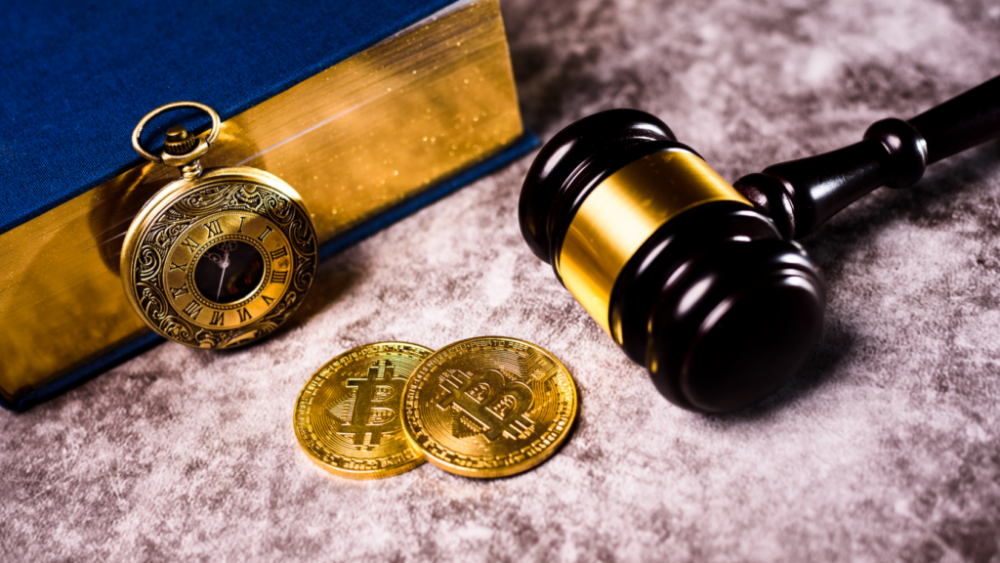The work of various countries on cryptocurrencies continues this year as well. In this article, we will convey the latest moves of six countries and organizations (EU) towards cryptocurrencies. Here are the details…
Cryptocurrencies should be treated like banks, according to Japanese regulators
Financial regulators in Japan urged global regulators to treat cryptocurrency the same as banking, demanding stricter rules for the industry. Cryptocurrency needs to be controlled, according to Mamoru Yanase, deputy director of the Financial Services Agency Strategy Development and Management Bureau. “If you want to enforce effective regulation, you must do as you regulate and oversee traditional institutions,” Yanase said, according to a January 17 Bloomberg report.

Japan’s financial watchdog’s comments came after FTX’s industry-shattering collapse in November. Unlike some of his US colleagues, Yanase admitted that the problem is not crypto related. “It is not the crypto technology itself that has caused the recent scandal,” he said, adding that the blame was “lax governance, lax internal controls, and a lack of regulation and oversight.” He said that regulators in the US and Europe are urged to apply the same rules for crypto exchanges as they apply to banks and brokerage firms.
The recommendations were submitted through the Financial Stability Board, a global body tasked with regulating the digital asset industry. Yanase added that countries should “absolutely demand” consumer protection measures from crypto exchanges. Demands for anti-money laundering, strong governance, internal controls, audit and disclosure for crypto brokerages were also put forward.

BoE Chairman casts doubt on ‘Digital Pound’
Andrew Bailey, governor of the Bank of England (BoE), expressed skepticism about the need for the digital pound shortly after the finance ministers of eurozone countries backed further work on the digital euro. The BoE chief recently questioned the need for a wholesale central bank digital currency (CBDC), suggesting that it is already a “wholesale central bank money clearing system with a major upgrade”.
Bailey also stated that they have no plans to remove the cash for retail use. The BoE chief does not currently believe retail payments need to change. “We need to be clear about what problem we’re trying to solve here before we get immersed in the technology and the idea.” used the phrases. Bailey’s comments follow new CBDC developments in the euro area and recent comments from a former BoE advisor on the costs and risks of establishing a CBDC.

The European Union made a statement about the “Digital Euro”
On the other hand, the finance ministers of the euro area countries released a statement on the introduction of the digital euro after a meeting in Brussels. The Eurogroup said it meets regularly to discuss the political dimensions of potential digital currency information. The January 16 announcement coincides with the publication of a “stock count” document by the European Central Bank (ECB) detailing progress in the design of the digital euro.
The Eurogroup statement addressed the need for the European Central Bank and the European Commission to inform the Eurogroup and EU member states about developments in the creation of the digital euro, which is under investigation. The group has listed the issues it monitors, including the digital currency’s environmental impacts, privacy, financial stability, and related issues. He also showed interest in the plans of European Union member states outside the eurozone regarding central bank digital currencies.

China’s digital yuan used in securities trading
Meanwhile, according to the state-backed financial institution China Securities Journal, Soochow Securities, a Chinese securities company, enabled e-CNY payments on its mobile app on Monday, marking the first use case of the central bank digital currency in securities market trading. The e-CNY payment function, implemented by Soochow Securities in collaboration with the Bank of China, allows investors to purchase wealth management products with digital yuan.
Iran establishes task force for cryptocurrencies, agrees with Russia
Finally, by establishing the National Cryptocurrency Task Force, Iran gathered the work on the regulation of cryptocurrencies under one roof. The first meeting of this task force took place in Tehran last week. While it is stated that this community will meet twice a month, the members include the Central Bank of Iran, the Ministry of Intelligence, the Ministry of Energy and the Ministry of Economy.
Meanwhile, Iran and Russia are looking for ways to create a new gold-backed stablecoin. According to a report by the Russian news agency Vedomosti, Iran is collaborating with Russia to create a “Persian Gulf region token” to enable cross-border transactions.







